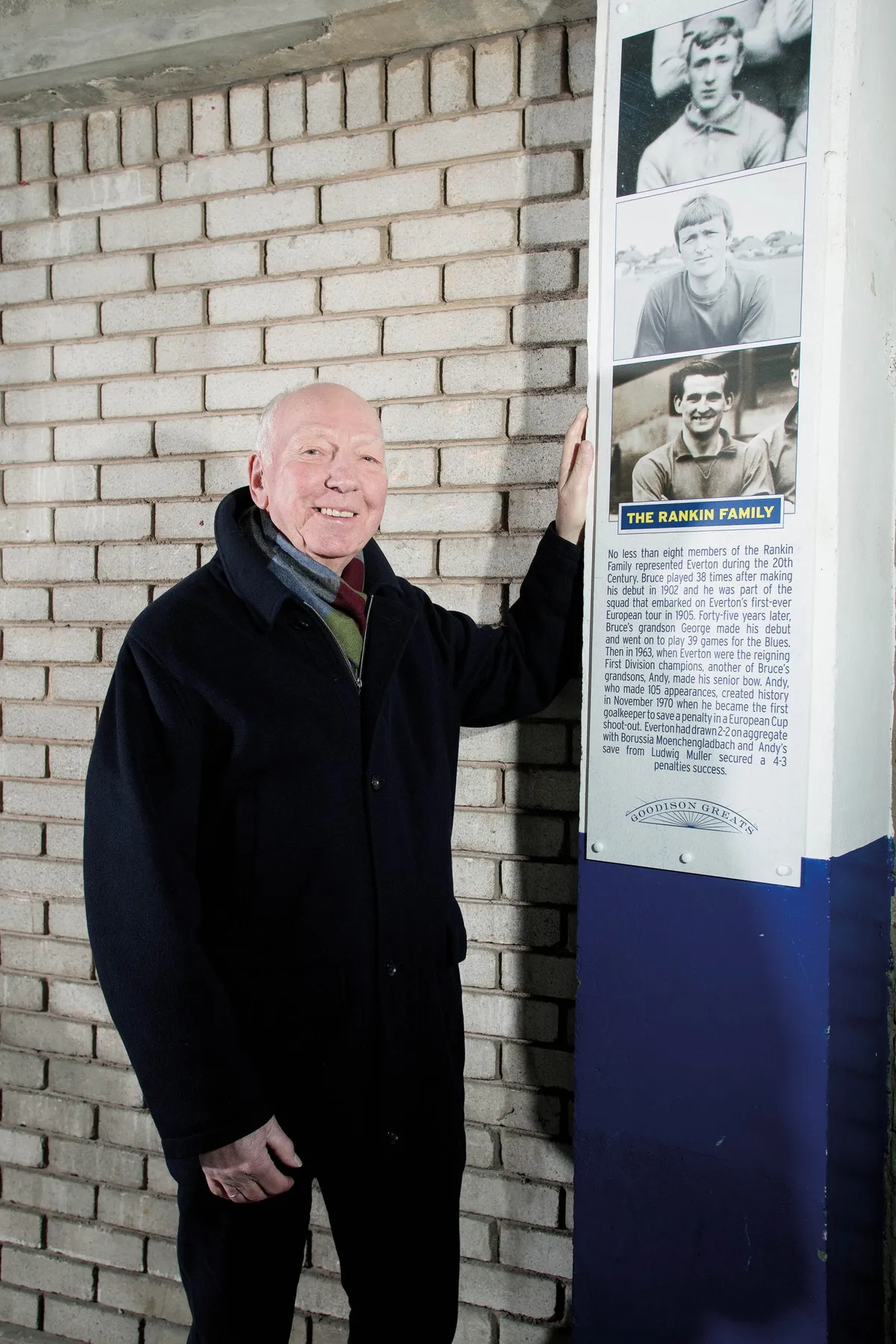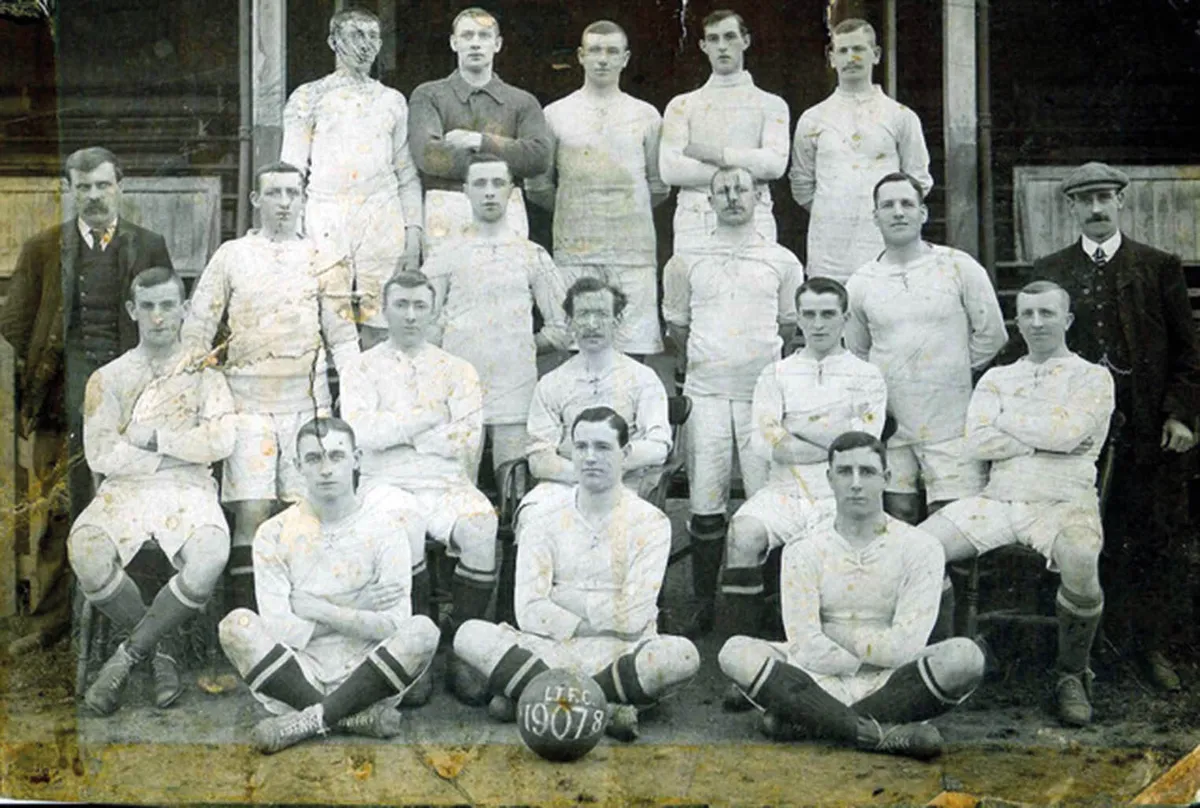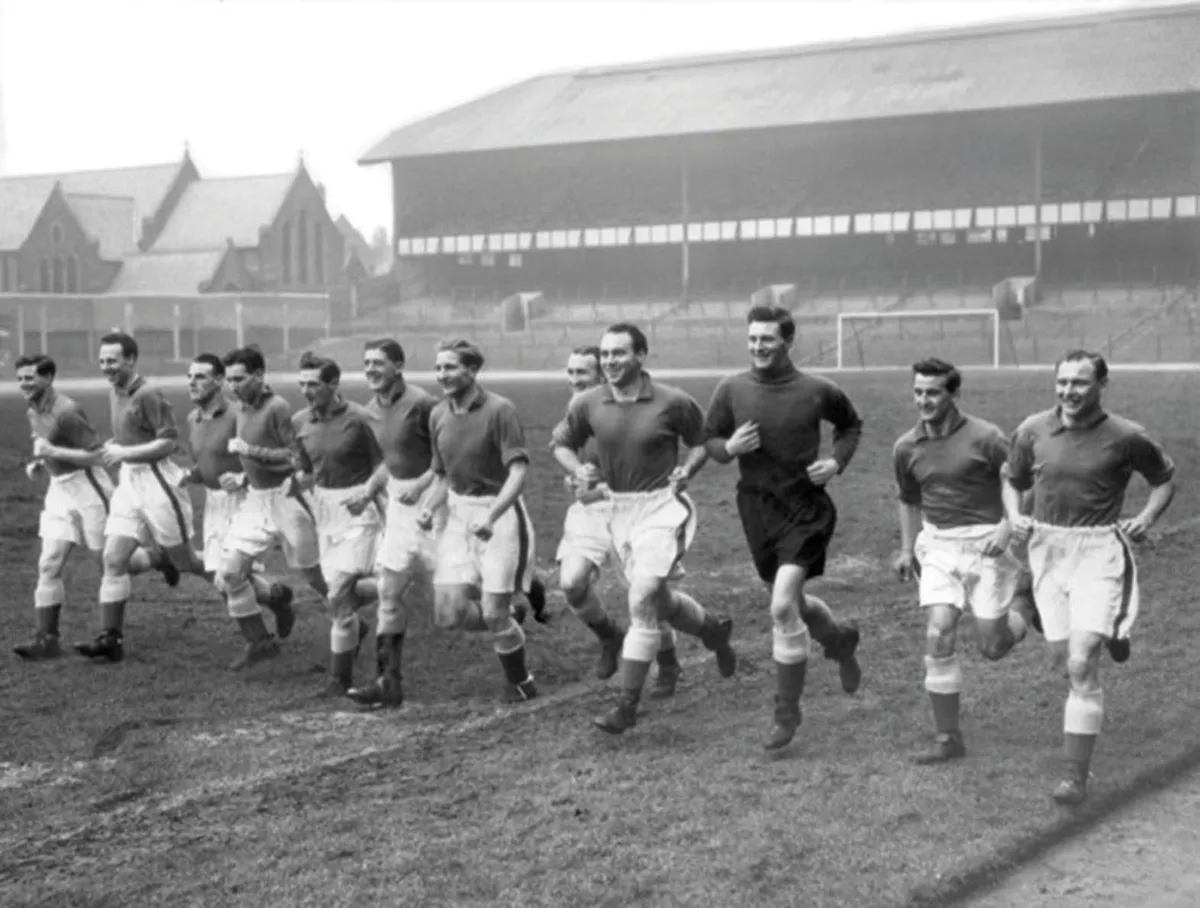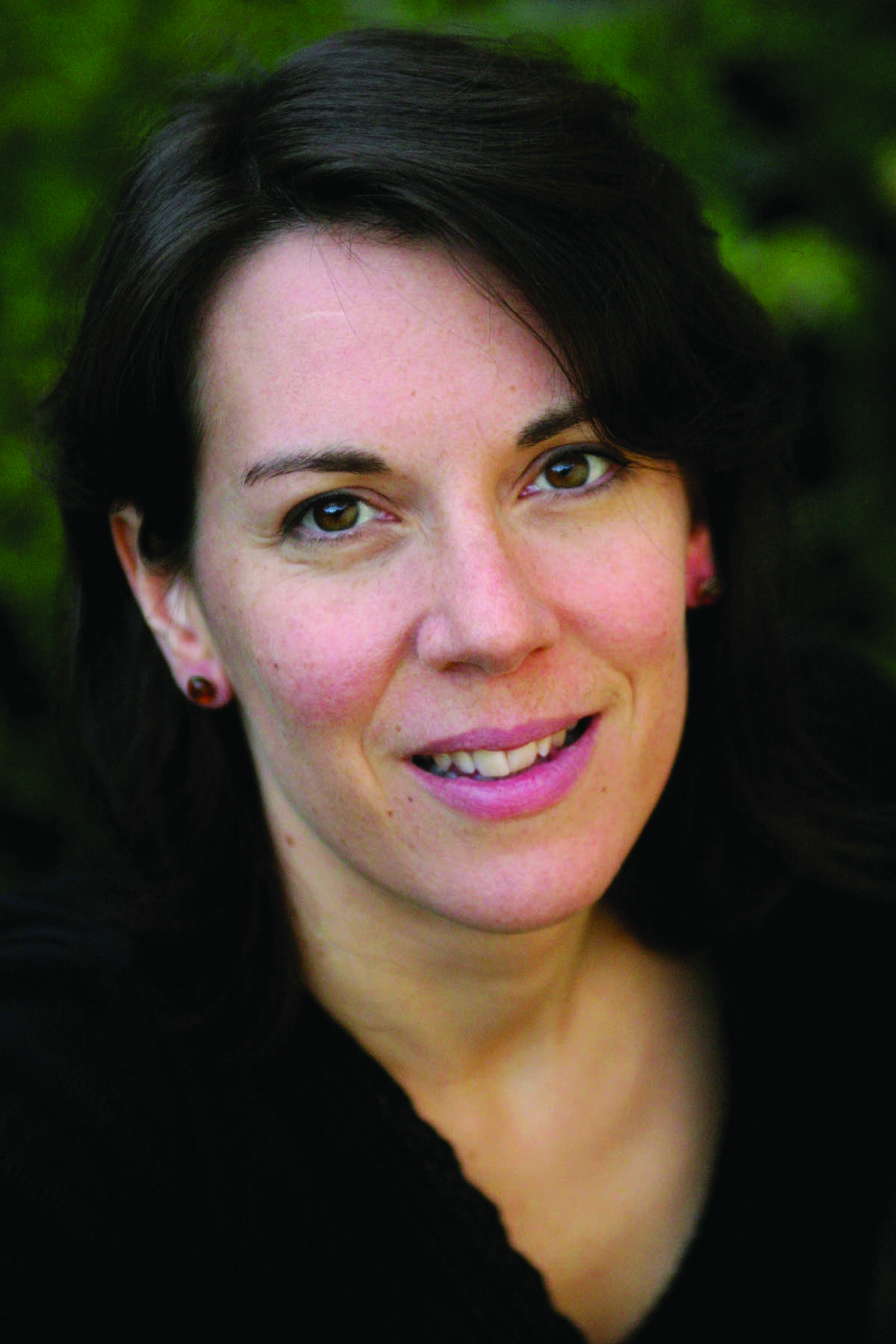Last August, a crowd gathered on the Top Balcony concourse at Everton Football Club’s home ground Goodison Park for the unveiling of a plaque. Who Do You Think You Are? Magazine reader Gordon Fraser was there with his wife, Maureen, and other family members – all justifiably proud. The plaque commemorated their eight relatives who had played for the club. For Gordon (a die-hard Everton fan), it was also the culmination of almost 10 years’ work researching and writing Sporting Genes, the story of the Rankin dynasty. Along the way, he uncovered record breakers, missed opportunities and men who shaped England’s sporting history.

Gordon started out by researching his own family, prompted by a genealogist friend. But it wasn’t until 2005, when he decided to write a book and picked sporting ancestors as its theme, that he began looking more closely at Maureen’s heritage.
“My wife’s grandfather Bruce Rankin had played for Everton. I also knew her cousin Andy Rankin had played for Everton, because our paths crossed when we were in the Liverpool City Police Cadets in 1961. He was only in the cadets a short time before he signed full time for Everton. And our son, Gavin, played rugby union professionally, and for Scotland on an international level. But I didn’t know anything else.”
In all, four of Maureen’s footballing family feature in the book. Her grandfather Bruce Rankin had played for Everton from 1901 to 1906, and later several other clubs. Andy, his grandson, was an Everton goalkeeper in the 1960s and 1970s, before signing for Watford and later Huddersfield. Bruce’s son Billy, who was on Everton’s books as an amateur, also features. He turned out for Marine FC in the 1931/32 FA Amateur Cup Final, represented England at baseball and became a baseball referee. Finally, there’s Billy’s elder son and grandson of Bruce, George, who played for Everton in the 1950s before he moved to Southport FC.

“They all represented their country at one level or another, but I think that the most notable achievement was probably down to Andy Rankin in 1970,” says Gordon. “He was the first goalkeeper to save a spot kick in a penalty shootout in the European cup. His save helped Everton beat the German club Borussia Mönchengladbach, although they went out in the next round. Most Everton fans from that era will remember Andy for that save – it’s in the record books forever.”
Proud Tradition
Gordon’s research revealed something that, as far as he knows, is unique: “Four generations of the same family have achieved significant sporting success over the period of 100 years.” His proudest discovery, though, is that eight members (at least) of the Rankin family represented Everton.
“Most of my discoveries came from ploughing through newspaper reports in local papers in local libraries.” During these forays, Gordon found references to sportsmen on his wife’s tree the family knew nothing about. “I found an article listing the team for one of Everton’s reserve games in 1905. It showed a G Rankin in the forward line. I knew that Bruce had a brother called George Rankin, but I couldn’t tie G Rankin to the family at that stage.” Later, Gordon found an article that mentioned that George was Bruce’s younger brother. “It said he’d played for Everton on a number of occasions in 1905, then for Tranmere Rovers and later Eccleston Town.

“I also discovered that Billy Rankin’s youngest son, also called Billy, played for a number of Everton’s teams, but never the first 11. After that, he went to Southport, where he played mostly in the reserves and, on occasion, alongside his elder brother George, who’s also featured in the book.”
It turned out that another of Bruce’s grandsons – Maureen’s cousin, Billy Wallace – was on Everton’s books as a young player. Andy Rankin’s father George Rankin was reportedly on Everton’s books as well.
Gordon wrote to various football clubs including Everton, but they didn’t have much information. When he found out that Billy Rankin senior played baseball for England, as well as football for Marine FC, he wrote to the English Baseball Association, who proved very helpful. But the most fruitful resource he used was The Everton Collection. “It contains a tremendous amount of memorabilia going back to the 1880s, including minutes of board meetings, match programmes and photographs.” All this was gathered by avid Everton fan David France over 25 years. It was bought by a charitable trust in 2007, and is now housed in Liverpool Record Office. In 2009, it was made available online.
“I uncovered information I’d never have been able to find elsewhere,” says Gordon. “For example, from the minutes of the directors’ meeting in May 1901, I learnt that Bruce had been engaged as assistant trainer at 25 shillings a week. That’s how he started at Everton. Five months later, the board of directors resolved that Bruce ‘be instructed to train as a player’ and his pay was increased to 30 shillings a week.”
The Thrill Of Discovery
The local newspapers were full of exciting details about Bruce’s career too. “Finding the report in the Liverpool Echo of Bruce’s first game for Everton – albeit just for the reserves – was perhaps the most memorable moment for me. It was just a thrill to find it.”
Local newspapers reported that Bruce was transferred to West Bromwich Albion for £500 in February 1906. Gordon learnt that the actual sum was £250, although according to the minutes of the directors’ meeting, the initial offer was only £100.
Soon after Bruce was signed, a local newspaper described him as “one of the best outside rights in England” and the West Bromwich Albion Weekly News reported that “Rankin is as clever a footballer as there is – not alone in the Albion ranks, but throughout the country”. He’d had an England trial when he was at Everton, so was obviously a top player. But his career soon began to falter.
“Twelve months after his signing to West Brom, he was suspended and was never to play for the club again for insubordination during a trip to Rhyl, where the team had gone to prepare for an FA Cup tie. According to the papers, he’d previously broken training regulations on several occasions and the club felt that there was no other option but to suspend him.
“When I mentioned the incident to my wife’s aunt, Bruce’s last surviving daughter, she told me that the problem had been drunkenness. Although, while he was at Everton, there was nothing in the board meeting minutes to suggest Bruce was a drinker.”
Gordon thinks that moving to Birmingham and living in lodgings could have been a factor. “Perhaps being away from home meant that drink was too difficult to resist…”
A Second Chance
Another club offered him a glimmer of hope. “Following his suspension, Bruce was signed by Manchester City, but he was released at the end of that season. Their records were destroyed by a fire in 1920, so sadly they couldn’t tell me why.”
After Bruce’s transfer, West Bromwich Albion reached the semi-final of the FA Cup and the club struck engraved medals for the players who’d helped them get there. “Surprisingly, perhaps, they gave Bruce a medal, as he’d played in two games against Stoke City that season.” The medal was sold at some point, but the family managed to track it down and buy it back. “It’s beautiful.”
Bruce’s wasted opportunities are one of the things that will stay with Gordon: “He grew up on Neston Street, which runs right up to Everton’s football ground. When he was a youngster, he would have seen the crowds going to the football matches – perhaps that’s what triggered his passion for the game. It was upsetting to realise that he failed to realise his full potential because of his own behaviour. I would love to have been able to meet him.”
Sporting Genes is an apt title for the book, and Gordon and Maureen’s son Gavin is the latest to enter the family business: “We got so much pleasure watching him play football from seven years of age and then from his rugby achievements – we travelled all over the place to see him.” The book is dedicated to Gavin, who has certainly earned his place in the Rankin hall of fame.
Claire Vaughan is a regular contributor to Who Do You Think You Are? Magazine
